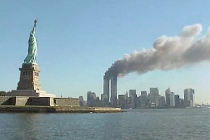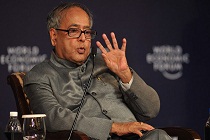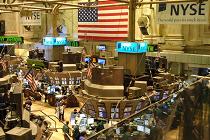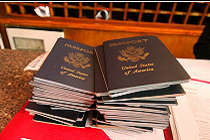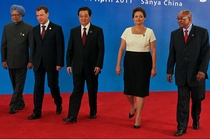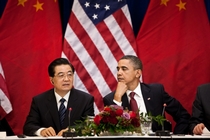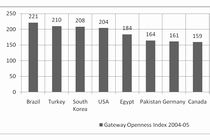Occupy Wall Street
The Occupy Wall Street movement in the U.S. is gathering strength, with new groups of the aggrieved adding to the numbers of protestors. Gateway House’s editorial advisor Bob Dowling plunges into the crowd to gauge the depth of the movement, and the seriousness of the protestors’ intent.


